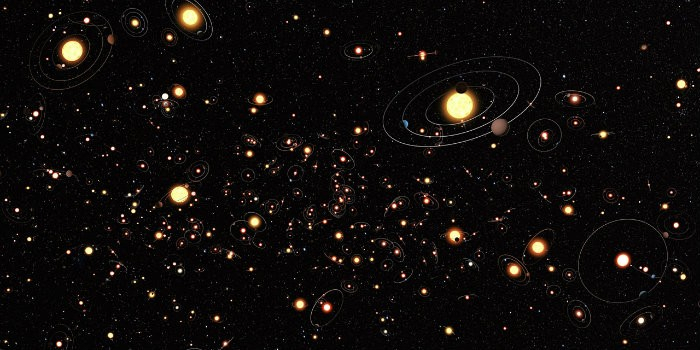
A team of astronomers at the University of Texas, Austin, in association with Google has discovered two new planets using advanced artificial intelligence tools. The hidden planets were spotted from Kepler space telescope archive and experts believe that this new technique could help to identify more planets in the future when compared to traditional planet-hunting methods.
It should be also noted that the two planets discovered this time were from Kepler's extended mission known as K2. The planet discovery has been now accepted for publication in the upcoming edition of The Astronomical Journal.
"K2 data is more challenging to work with because the spacecraft is moving around all the time. AI will help us search the data set uniformly. Even if every star had an Earth-sized planet around it, when we look with Kepler, we won't find all of them. That's just because some of the data's too noisy, or sometimes the planets are just not aligned right. So, we have to correct for the ones we missed. We know there are a lot of planets out there that we don't see for those reasons," said Andrew Vanderburg, a researcher who took part in the study in a recent statement.
Researchers revealed that the two newly discovered planets are very close to their host star, and they have very short orbital periods. These planets are expected to be very hot and they are slightly larger than the earth.
Researchers have named one of these planets, K2-293b and it orbits a star 1,300 light-years away in the constellation Aquarius. The second planet which is located in Aquarius constellation has been named K2-294b and it is 1230 lights years away from earth.
Ann Dattilo, lead researcher of this study revealed that the algorithm which was used to discover these two planets will help to probe the entire K2 dataset. She also believes that this algorithm is applicable to Kepler's successor planet-hunting mission, TESS.
With this new discovery, it has become more evident that artificial intelligence is going to play a pivotal role in future space missions and planet-hunting probes. A couple of months back, SpaceX founder Elon Musk had revealed that the first Mars inhabitant will be most probably an artificial-intelligent robot.









